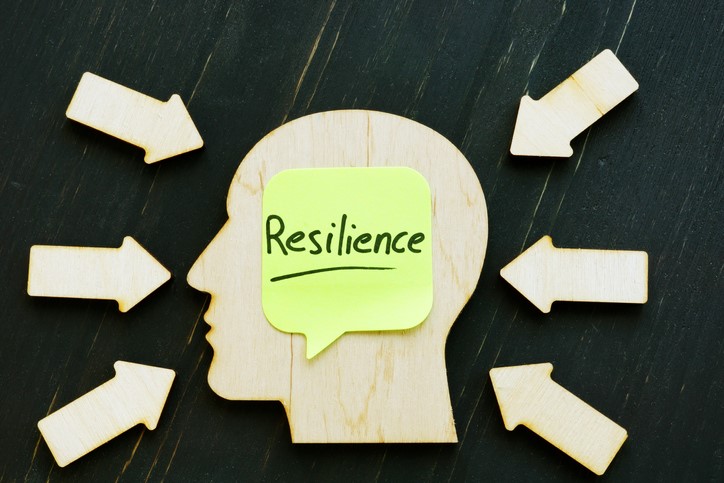
Building a Culture of Resilience
What quick learning is available to support public health professionals develop resilience at the community, organizational or personal level during times of adversity and significant stress?

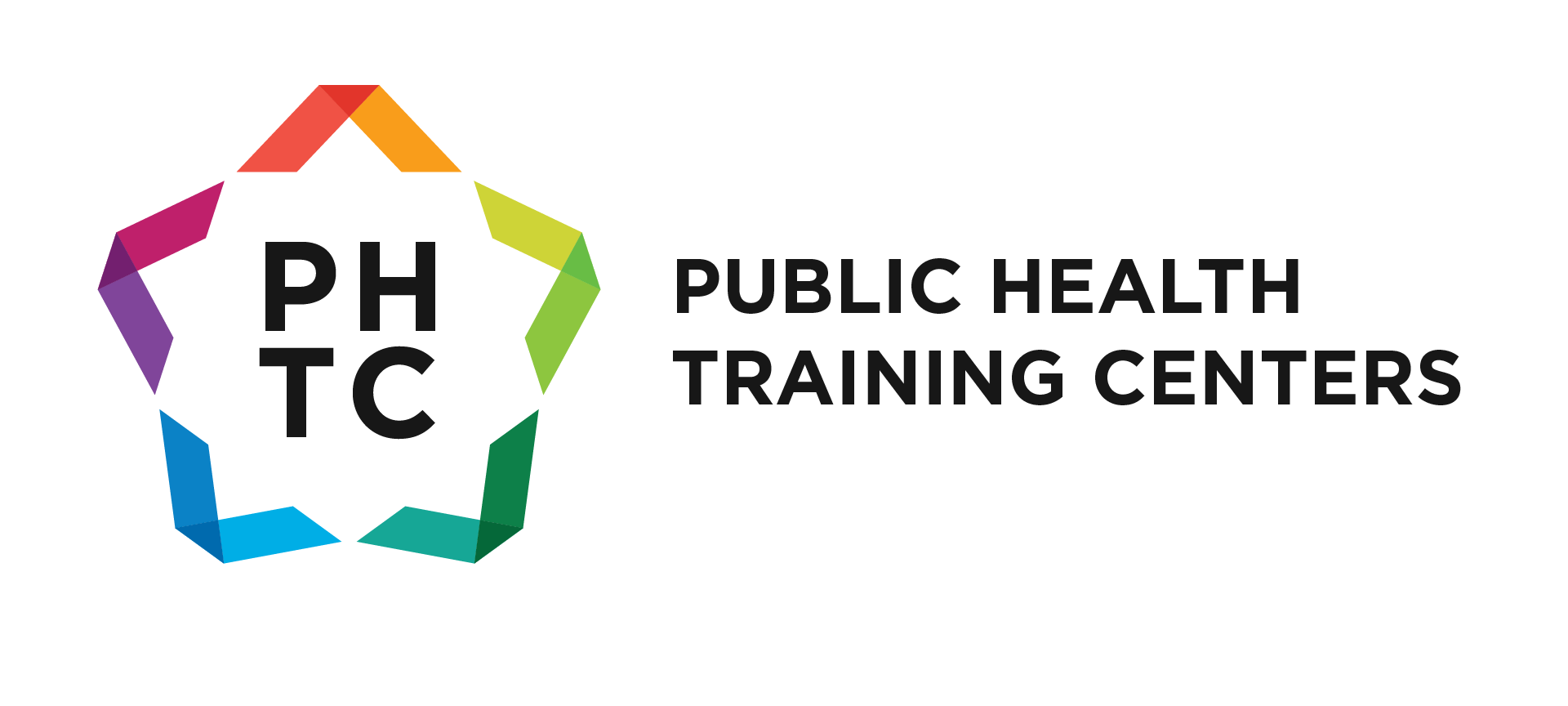
Register
Course Information
- Audience: Public health professionals, especially those managing teams and influencing the community, interested in promoting resilience.
- Format: Webinar
- Date/Time:
2019-2021 and ongoing
- Price:
Free
- Time: A continuously growing collection of microlearnings, covering 3 topic areas, mostly under 5 minutes. Takes 2 hours to complete all training.
- Credential(s) eligible for contact hours: If you complete the evaluation, you will receive a Certificate of Completion. The Certificate will include the length of the course.
- Competencies: Leadership and Systems Thinking Skills
- Learning Level: Awareness
- Companion Trainings: Building Resiliency in Extended Events (Sessions 1, 2 and 3)
Building Resiliency in Extended Events (Sessions 4, 5 and 6)
Both of these courses are CHES/MCHES eligible. - Supplemental materials: Session PowerPoint
- Pre-requisites:
About this Course
How to Use this Resource
Select from the below topics as you need learning, are preparing to engage with your community, elected officials and governing boards, or your workforce/ team. Or explore the opportunities for yourself.
- Building Resilience in Communities
- Building Resilience in Organizations
- Building Resilience with Self and Others
What You'll Learn
At the end of the recording, participants will be able to:- Obtain resilience micro-learnings and resources for use in public health
Collaboration
Registration and Contact Hours
Select the Enroll button below to register for this webinar. If you have any trouble accessing the webinar, contact support@nephtc.org.
Acknowledgement: This project is/was supported by the Health Resources and Services Administration (HRSA) of the U.S. Department of Health and Human Services (HHS) under grant number UB6HP31685 “Regional Public Health Training Center Program.” This information or content and conclusions are those of the author and should not be construed as the official position or policy of, nor should any endorsements be inferred by HRSA, HHS or the U.S. Government.
* Yale School of Public Health, Office of Public Health Practice, a New England Public Health Training Center partner, is a designated provider of continuing education contact hours (CECH) in health education by the National Commission for Health Education Credentialing, Inc. All CHES credit inquiries are managed by YSPH

Dealing with Stress in Disasters: Building Psychological Resilience
How can we identify and cope with stressful situations and build psychological resilience?
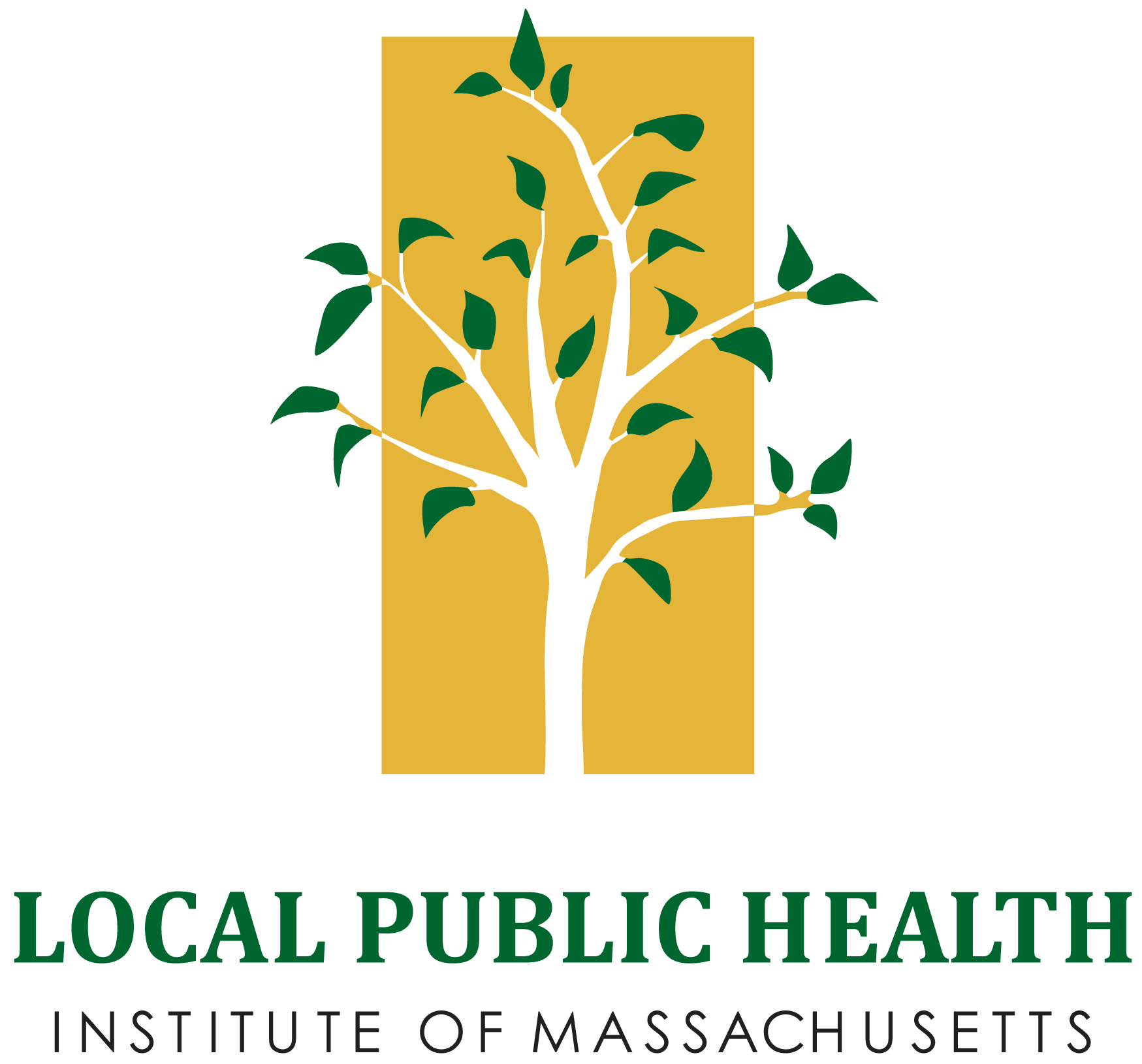
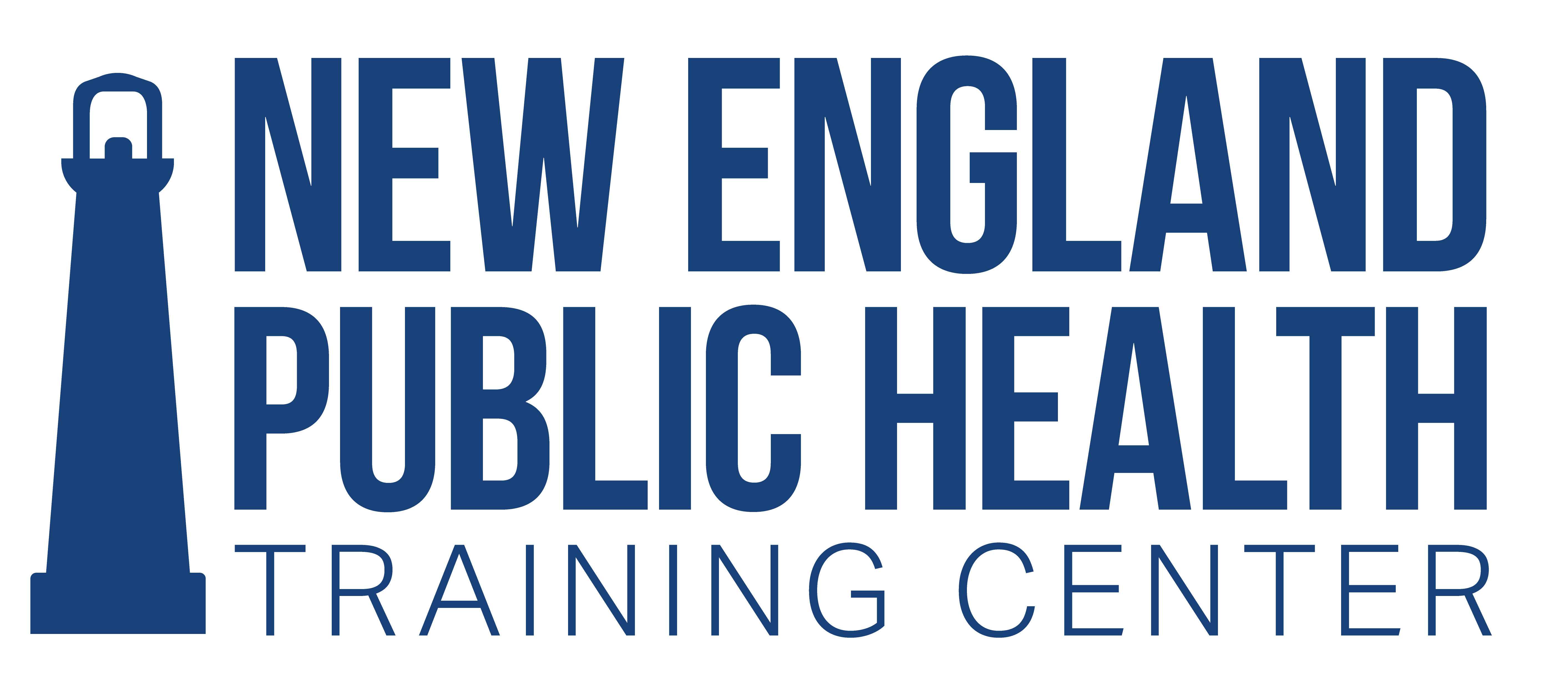
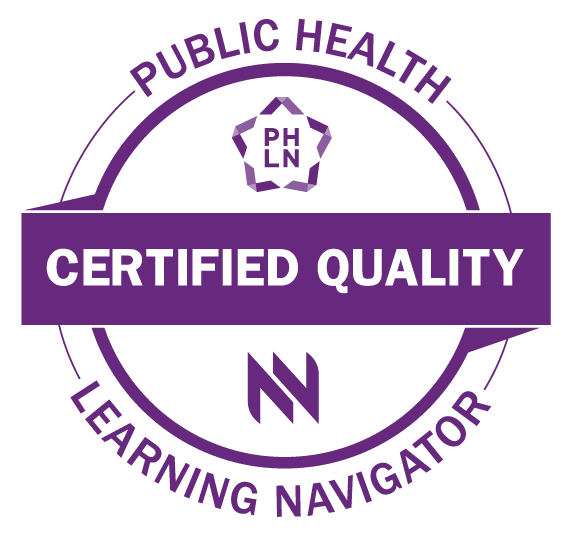
Course Information
- Audience: Local public health workers and emergency responders, managers or planners
- Format: Self-paced
- Price: Free
- Length: 1.5 hours
- Credential(s) eligible for contact hours: Sponsored by New England Public Health Training Center (NEPHTC), a designated provider of continuing education contact hours (CECH) in health education by the National Commission for Health Education Credentialing, Inc. This program is designated for Certified Health Education Specialists (CHES) and/or Master Certified Health Education Specialists (MCHES) to receive up to 1.5 total Category I continuing education contact hours. Maximum advanced-level continuing education contact hours are 0. Provider ID: 1131137 Event ID: SS1131137_DWSID
If you are not seeking CHES/MCHES contact hours, if you complete the post-test and evaluation, you will receive a Certificate of Completion. The Certificate will include the length of the course.
- Competencies: Communication Skills
- Learning Level: Awareness
- Supplemental materials: None
- Pre-requisites: None
- Technical Requirements: This training was created with SoftChalk. Please refer to the SoftChalk System Specifications to ensure your system meets the minimum requirements for viewing.
About this course
Disasters and emergencies are emotionally-charged events that occur with little, if any, warning. They can result in severe life-threatening situations, prevent vast segments of the population access to shelter, food, water, and medical care, and interfere with communication and transportation. Those affected often experience feelings of confusion, fear, hopelessness, sleeplessness, anxiety, grief, shock, guilt, and shame. Local public health workers and emergency responders assume the responsibility of ensuring the health and safety of affected people, helping them cope with the devastating situation, and re-establishing normal function. However, this responsibility can take a heavy toll on public health workers and emergency responders as well, particularly in emotionally-charged situations with widespread turmoil. Public health workers and emergency responders should be able to identify and cope with stressful situations and build psychological resilience to mitigate the emotional toll that emergencies and disasters take on them.
What you'll learn
After completing the training, you will be able to...
- Summarize the biology and physiology of the stress response and the effects on health
- Recognize three major types of stress as categorized by severity and chronicity
- Identify the types of compassion fatigue, risk factors, and coping strategies
- List attributes of psychological resilience and individual coping strategies
- Describe other types of resilience (group, family, community, cultural, organizational)
- Discuss the goals of Psychological First Aid (PFA) and five components when caring for others
Subject Matter Expert

Ojaswini Bakshi
MPH
Program Director, Local Public Health Institute of Massachusetts
Enrollment and Contact Hours
Note there are two different options for enrolling in this course highlighted in the table below.
The Certificate of Completion will include the length of the module. Generally 50 – 60 minutes is equivalent to 1 contact hour. Contact hours may be applicable towards continuing education requirements for certain credentials. Check with your credentialing body to verify if the topic meets its continuing education requirements.
Having trouble accessing the course? Contact support@nephtc.org
Acknowledgement: This project is supported by the Health Resources and Services Administration (HRSA) of the U.S. Department of Health and Human Services (HHS) as part of award 2 UB6HP31685‐05‐00 “Public Health Training Centers.” The contents are those of the author(s) and do not necessarily represent the official views of, nor an endorsement, by HRSA, HHS or the U.S. Government.

How to Change for the Better
What are the most common barriers to personal change and what can you do to overcome them?

Enroll
Course Information
- Audience: Public Health team leaders, supervisors and aspiring public health and health profession leaders
- Format: Self-Paced
- Price: Free
- Length: 1 hour
- Credential(s) eligible for contact hours: If you complete the post-test and evaluation, you will receive a Certificate of Completion. The Certificate will include the length of the course.
- Competencies: Leadership and Systems Thinking Skills
- Learning Level: Awareness
- Companion Trainings: None
- Supplemental materials: None
- Pre-requisites: None
About this course
Behavioral scientist and professor Katy Milkman explores the inner workings of change in her book How to Change: The Science of Getting from Where You Are to Where You Want to Be. In this course, you’ll learn about behavioral change and explore strategies you can use to achieve your own goals. You’ll also discover what keeps us from changing and how we can overcome these typical barriers to change.
This course is provided in partnership with the Next Big Idea Club and Articulate 360.
What you'll learn
After completing the training, you will be able to...
- Describe the value of identifying fresh start times to attempt a change
- Explain why elastic habits are stronger habits
- List 2 examples of “temptation bundling”
- Distinguish between hard and soft commitments to identify an appropriate strategy for yourself
- Describe how emulating peers can support positive behavior change
Subject Matter Expert

Katy Milkman
Katy Milkman is the James G. Dinan Professor at The Wharton School of the University of Pennsylvania, host of Charles Schwab’s popular behavioral economics podcast Choiceology, and the former president of the international Society for Judgment and Decision Making. She is also the co-founder and co-director of the Behavior Change for Good Initiative, a research center with the mission of advancing the science of lasting behavior change. Over the course of her career, Katy has worked with or advised dozens of organizations on how to spur positive change, including Google, the U.S. Department of Defense, the American Red Cross, 24 Hour Fitness, Walmart and Morningstar. An award-winning scholar and teacher, Katy writes frequently about behavioral science for major media outlets such as The Washington Post, The New York Times, and The Economist. Her bestselling book How to Change: The Science of Getting From Where You Are to Where You Want to Be was named one of the eight best books for healthy living in 2021 by the New York Times, and Katy was also named one the world’s top 50 Management thinkers by Thinkers50 in 2021. Katy earned her undergraduate degree from Princeton University (summa cum laude), where she studied Operations Research and American Studies, and her PhD from Harvard University where she studied Computer Science and Business.
Enrollment and Contact Hours
Select the Enroll Me button below to register for this course. If you have any trouble accessing the recording, contact
support@nephtc.org.
Acknowledgement: This project is supported by the Health Resources and Services Administration (HRSA) of the U.S. Department of Health and Human Services (HHS) as part of award 2 UB6HP31685‐05‐00 “Public Health Training Centers.” The contents are those of the author(s) and do not necessarily represent the official views of, nor an endorsement, by HRSA, HHS or the U.S. Government.



